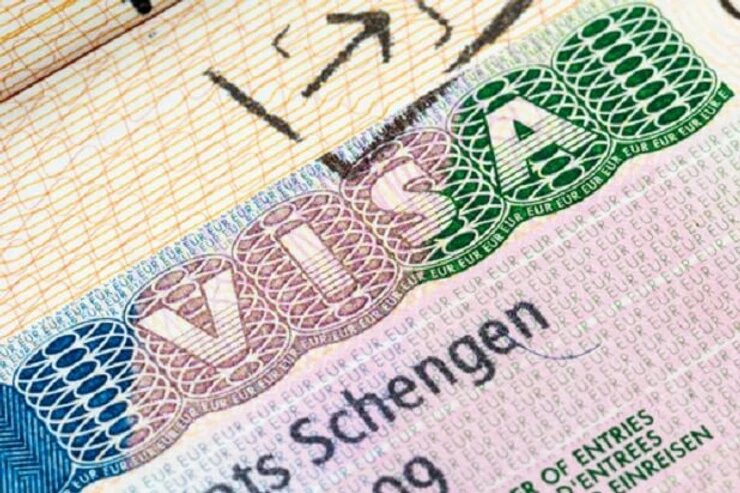Diplomatic offices of the Czech Republic in 20 countries have resumed their work after being closed for several weeks now due to the Corona-virus developments. Czech diplomatic offices are now accepting applications for visas and temporary stay permits, which according to the Foreign Ministry, may be granted for work and family reunification at 28 Czech Republic embassies and consulates around the world, SchengenVisaInfo.com reports.
People can apply for visas and temporary stays at the Czech diplomatic offices in Australia, China, Vietnam, the USA and Serbia, for example, but in Britain, Ukraine, Russia and Romania the application is not possible yet. The applications are ineligible in countries where precautionary measures against Corona-virus do not allow its citizens to apply at Czech Diplomatic offices. Previously, at the beginning of the Corona-virus outbreak, Czech Republic’s Foreign Ministry announced that the country has decided to allow internationals whose visas or residence permits have expired due to the deadly virus, to stay in the country until July 17.
On March 13, the Czech Republic had first introduced its frontier checks due to the Corona-virus pandemic, as part of the country’s efforts to stop the spread of infections. Czech Republic government decided to prolong the temporary reintroduction of border control at internal borders according to Article 25 of the Schengen Borders Code.


No comment yet, add your voice below!